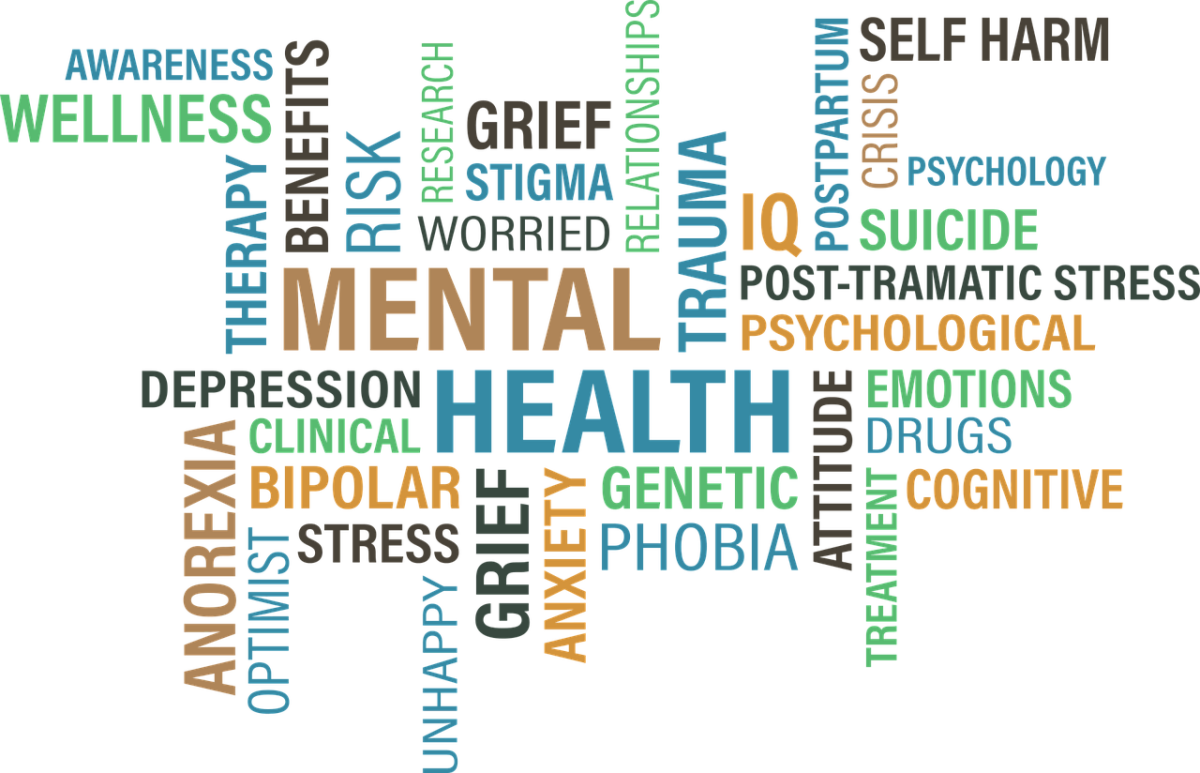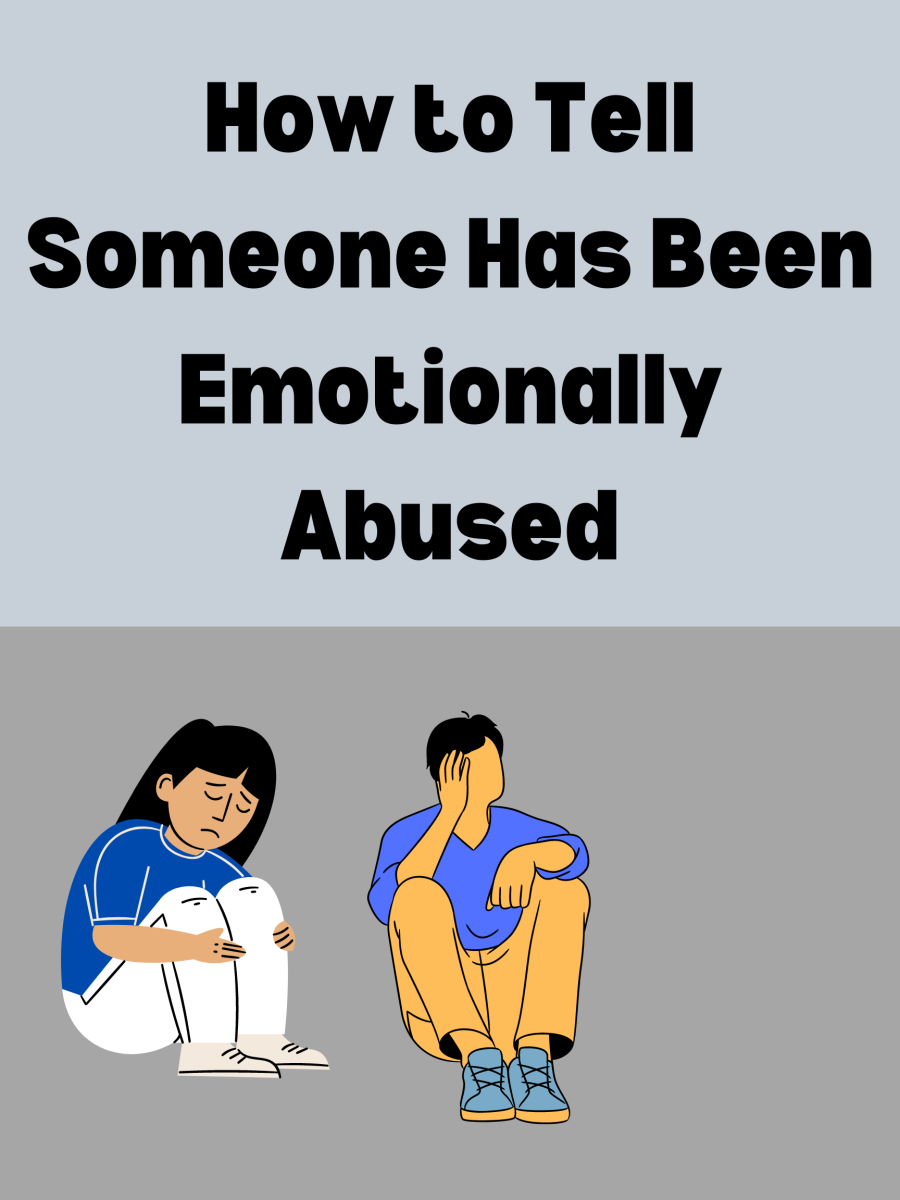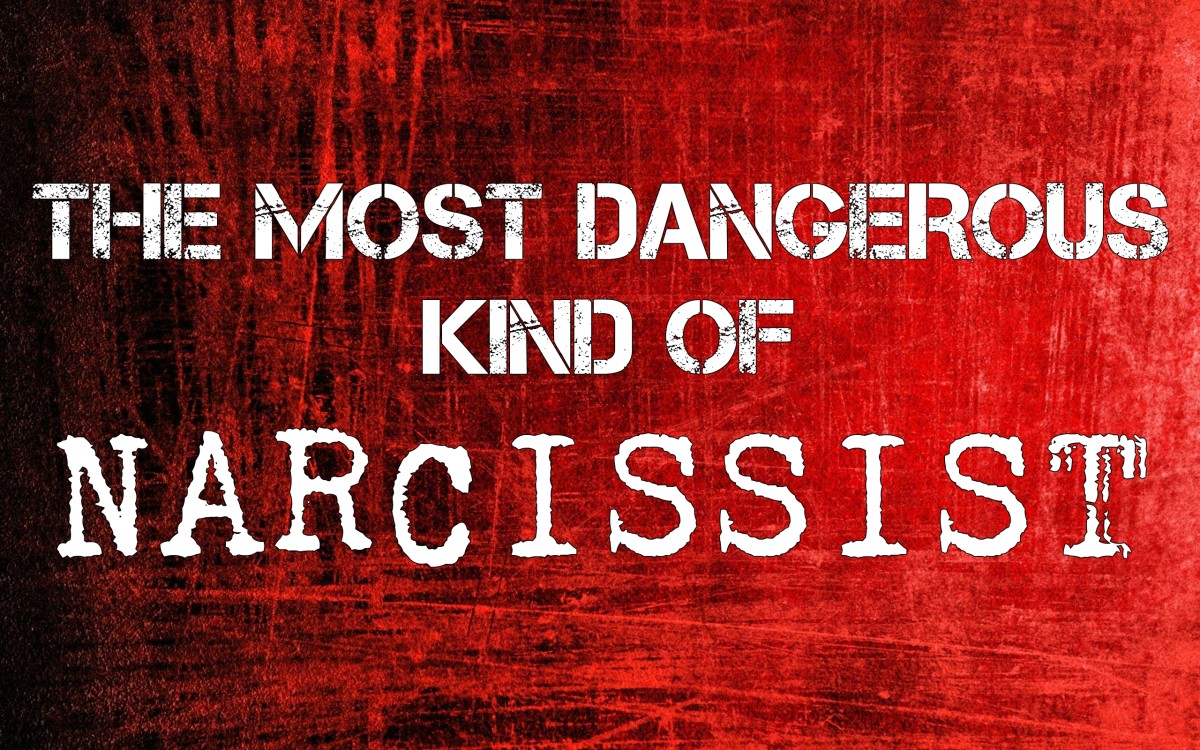Coping With Anxiety and Depression

How to overcome Anxiety and Depression
Too much stress in life through issues such as high stress jobs or family problems can be challenging. However, when the stress is not reduced, or a person goes through an extremely traumatic time in their life, this can result in mental illness such as anxiety or depression.
Mental illness has in the past being stigmatised, mainly because it was misunderstood. We are lucky enough to live in a more progressive society, where, nowadays, mental illness and ways to help are discussed more openly. Everyone has a level of mental health - a small amount of stress is actually healthy. It becomes a problem when the body experiences too much anxiety and depression. Did you know that one is three of us will experience mental health problems at some point in our life? That is a high statistic, and with more pressure on people through work and society, no wonder mental health can be an issue for many of us.
In this lens, I discuss some of the causes of anxiety and depression, and also look at some of the treatments and ways to overcome it. If you experience such mental health issues, you will need your friends and family to support you, but this is difficult when you don't feel like yourself. So it is often a good idea to explain your illness and what you need family and friends to do to support you. I hope that this lens will help you if you are going through this difficult time in your life, or supporting a friend or family member experiencing anxiety or depression. Remember, there is a way out and a road to recovery.
Image Credit: Photo by synamingirl on Flickr Creative Commons
What are the Causes of Anxiety and Depression
Anxiety and depression may (or may not be) hereditary, If your parents have had symptoms of anxiety and depression, it is more likely that you will experience this yourself. Also, anxiety and depression are more common in women, yet can have more serious consequences in men (including aggression and suicide). There is also a relationship between anxiety and relationships.
The most common triggers of anxiety and depression are stress in work and personal lives. Some just that are very busy and demanding mean that your body forgets how to relax and the 'fight or flight' response system kicks in. Anxiety and depression are common following major traumatic or emotional life events such as the death of a loved one, a relationship breakdown or an accident resulting in disability. In severe cases of trauma, such as the witnessing of extreme violence, the result can be PTSD (Post Traumatic Stress Disorder).
As a general rule, depression is a result of what has happened in the past and anxiety is related to stress about the future. For women, anxiety and depression can be hormonal, such as PMS (pre-menstrual stress), hormonal contraceptives or hormonal imbalances due to pregnancy or giving birth. It is important to check any medication and look at the side effects listed to see if anxiety and depression are side effects. In this case, consult your doctor and take medical advice.
What is Anxiety?
The body has natural fight or flight defences. Some stress can be good, as it makes you react to threats. However, when your body experiences too much anxiety, this can lead to a constant state of restlessness and panic. You will find it difficult to relax, and the heart will beat faster in certain situations that your body might interpret as a threat.
What is a Panic Attack?
People who experience severe anxiety can have panic attacks when faced with a situation that the body interprets as threatening. The first time that you experience a panic attack can be quite scary. The heart beats faster, you may feel faint and struggle to catch your breath. It can even make you feel like you are having a heart attack. If you experience this in stressful situations, you may well be suffering from anxiety attacks, so you should see your doctor.
What is Depression?
Depression is a mental illness that has both mental and physical effects. Therefore, telling someone to 'snap out of it' or 'pull yourself together' will not be helpful, and may even make the situation worse. Someone with depression may experience constant negative thoughts, and lose motivation and stop enjoying the things that they used to. People with severe depression may not even be able to get out of bed, and the physical effects of depression can make the body ache and feel extremely lethargic.
What are the Treatments available for Anxiety and Depression
Medication
Doctors may provide SSRI's or anti-depressants to people suffering from depression and anxiety. In general, the medication is a short term solution until a long term solution such as therapy has been put in place. In some severe situations, doctors may decide to keep someone suffering from mental health issues for a longer term.
What I would say, is that every person is different and different types of medication suit different people. You should not be afraid of the stigma of being on anti-depressants. If you ask around, you will find that they are more common than you think! Be prepared to try different tablets until you find ones that suit you. It may take up to 6 weeks for tablets to take effect, so do stick with them, and take them as the doctor prescribed. Sometimes anti-depressants have unpleasant side effects such as weird dreams, drowsiness and disruption to libido. But if your anxiety and depression is severe, you unfortunately have to put up with these until a medical professional decides that you are ready to come off them.
Quite often, when coming off anti-depressants, your doctor will reduce the dose slowly. This is because to go from a high dose to no medication whatsoever can be dangerous, and your body needs time to adjust.
Hopefully, being on medication ay give you some relief from your symptoms, allowing you to take more control of your life and focus on the root of the problems.
The Medication Debate
Many doctors prescribe drugs to help to control the symptoms of anxiety and depression. Some, however, think that counselling and therapy are the best way forward, and that anxiety and depression can be cured without medication.
Do you think that anxiety and depression should be treated with medication?
Link List - Support for Anxiety and Depression
- Mind
The UK mental health charity mind offer free booklets and advice on mental health issues including anxiety and depression.







